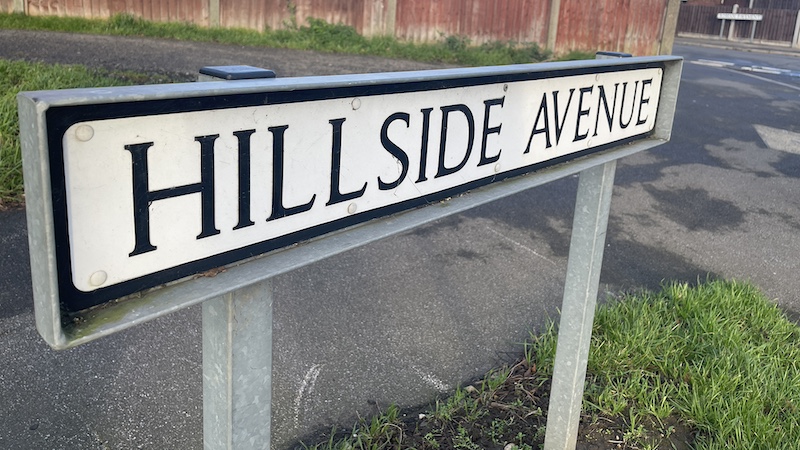
Heighington flood investigation
Groundwater is believed to have played a part in the flooding of Heighington’s primary school after Storm Babet in October 2023.
Millfield Academy had to close temporarily after Heighington Beck overtopped during the storm, the flooding investigation into the event suggests that groundwater flooding was also a factor.
Heighington village also has significant issues with groundwater getting into the foul sewer network and when the beck overtopped again in January 2024, flooding was exacerbated by drainage issues caused by the overloading of the drains.
As part of the government funded Project Groundwater – which aims to better understand the causes and effects of groundwater flooding – an investigation will now be launched into the groundwater around the village. The research hopes to uncover possible flood risk solutions for the whole of Heighington not just the Millfield Academy site.
Cllr Colin Davie, executive member for Environment at Lincolnshire County Council, said:
“It’s obvious that Heighington Beck overtopping during Storm Babet and other periods of heavy rain is a huge factor in flooding incidents. But lurking underneath the village, the threat of groundwater is little understood.
“The plan is to use modelling to understand how the groundwater in this area interacts with the drainage systems and what happens during periods of heavy rain. Then we can develop options for possible mitigation measures and reduce the flood risk for Millfield Academy and across the village of Heighington.”
To start the investigation, a meeting will be held at Jubilee Hall, High Street, Heighington to discuss the groundwater flooding issues with residents first hand. This will be at 5.45pm on November 6.
Data will be collected from previous flooding incidents, and from other organisations, agencies and businesses involved in flood risk and water management in the village.
Project Groundwater will develop solutions to help manage some of the groundwater flooding issues in the county. It operates under six principles:
- Sanitisation of the fen
- Property protection
- Resilience for the future
- Investigation of boreholes
- Nature-based solutions
- Groundwater issues
The project works with several organisations, including the University of Lincoln, Middlesex University and the NHS. It is also participating in collaborative works alongside Buckinghamshire Council.
As part of the project, several trial community areas with groundwater flooding issues were selected, and work is now ongoing in these communities to understand and mitigate issues including Hillside Avenue in Lincoln where consistent issues with natural spring leaks have affected properties.
The causes of flooding in Heighington were initially investigated as part of a Section 19 flood investigation.
These investigations occur when:
- one or more properties are internally flooded
- one or more critical service is internally flooded
- one or more critical service can't operate due to lack of access
- one or more flooded critical installation results in the loss of a service impacting on a local community, or causes pollution to internal property
- at least two hectares of grade 3+ agricultural land is flooded for more than two days
- any national 3+ category road is made impassable due to flooding
- flooding to a minor road occurs cutting off access to a village, hamlet or blocks a bus route
- flooding occurs to a railway/ station adversely impacting on normal timetables or cuts of a rail link.
www.lincolnshire.gov.uk/projectgroundwater.

